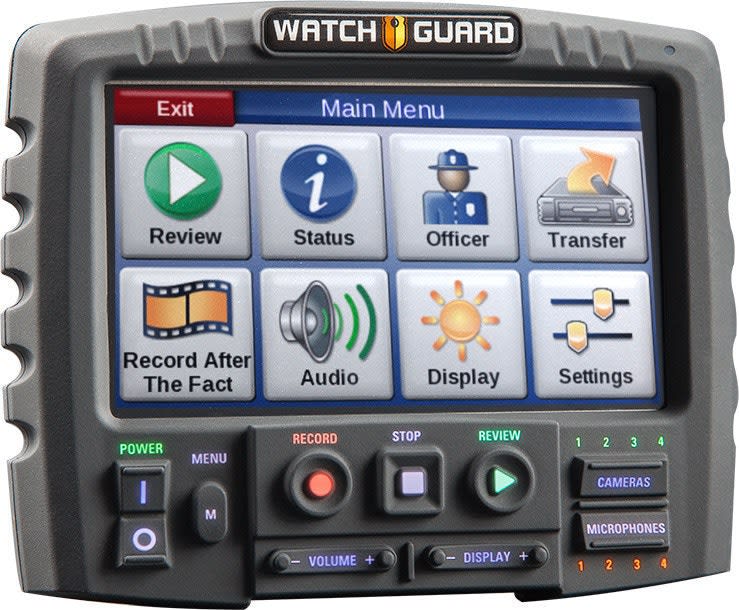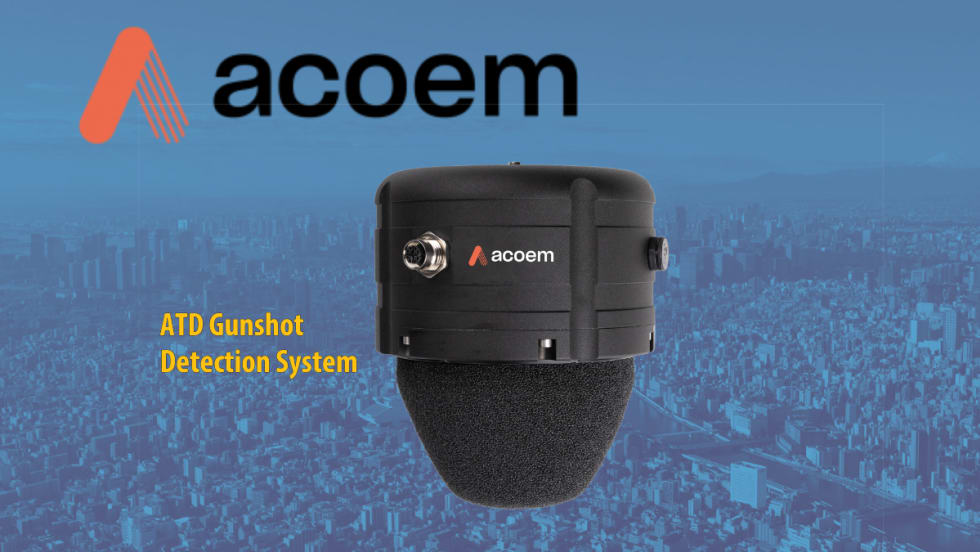Anthony Baye terrorized the residents of Northampton, MA, for over two years. He eventually pleaded guilty to 40 counts of arson and two counts of manslaughter when two people tragically perished in a fire he admits setting. Baye now spends his days in a cell, two years into a 20-year sentence.
Baye's initial arrest occurred in large part due to a recording by a police in-car video system at the scene of a fire he set. That fact doesn't sound at all unusual until it is understood that the video system wasn't in an active record mode when it captured Anthony revisiting the scene of one of his crimes. The officer in that police cruiser had no reason at the time to have activated a recording. It wasn't until two days later he remembered seeing Baye at the scene and went back through buffered video using a feature of the system, Record-After-The-Fact, and marked that portion of the buffered video as evidence. That video evidence was instrumental in contradicting Baye's alibi that he was visiting his girlfriend during the time the fire was set.
Record-After-The-Fact (RATF) is a proprietary function of all WatchGuard Video products. RATF gives officers the ability to 'go back in time' and recapture evidence that they may not have intentionally recorded due to the inherent unpredictability of police work. The cameras that are enabled with this feature are always recording in the background. If that video is not marked as evidence, it is not uploaded to a department server and is recorded over upon the next use of the camera. Further, if the camera is docked in a charging station or turned off, the camera is truly off. RATF is only recording in the background when the camera is on and in service.
The RATF function was introduced for the first time in 2007 through the company's DV1 In-Car System and has continued as a feature through the evolution of WatchGuard's video evidence solutions. When the VISTA Body Camera was released in 2014, there were allowances built into the system allowing departments control over whether Record-After-The-Fact was activated or deactivated according to the policy of each jurisdiction. The system administrator or administrative designee(s) of each department deploying VISTA Body Cameras controls activating or deactivating the feature. This area of the system is part of the product training each department receives by the WatchGuard Video Customer Support Division.
"Record-After-The-Fact is a powerful tool for law enforcement," said Steve Coffman, President of WatchGuard Video. "Most of our customers have this feature activated, and have used it to solve countless crimes and save officers' careers."
WatchGuard Video has deployed camera systems in over one-third of the departments in the United States and Canada, according to the company. Recently, the Pennsville (NJ) Police Department added VISTA Body Cameras to its video evidence tools. The department has Record-After-The-Fact enabled on its body cameras.
"Our officers know Record-After-the-Fact is active on our body cameras and they are allowed to remove the camera if they have to use the bathroom and or have a private conversation with another officer or even an informant," said Pennsville Chief Allen Cummings. "These cameras are for protecting the officers and the Town of Pennsville from lawsuits, and prosecuting cases with the evidence from the cameras. It's not about the officer's privacy being invaded."
For more information about Watchguard Video visit http://watchguardvideo.com.












